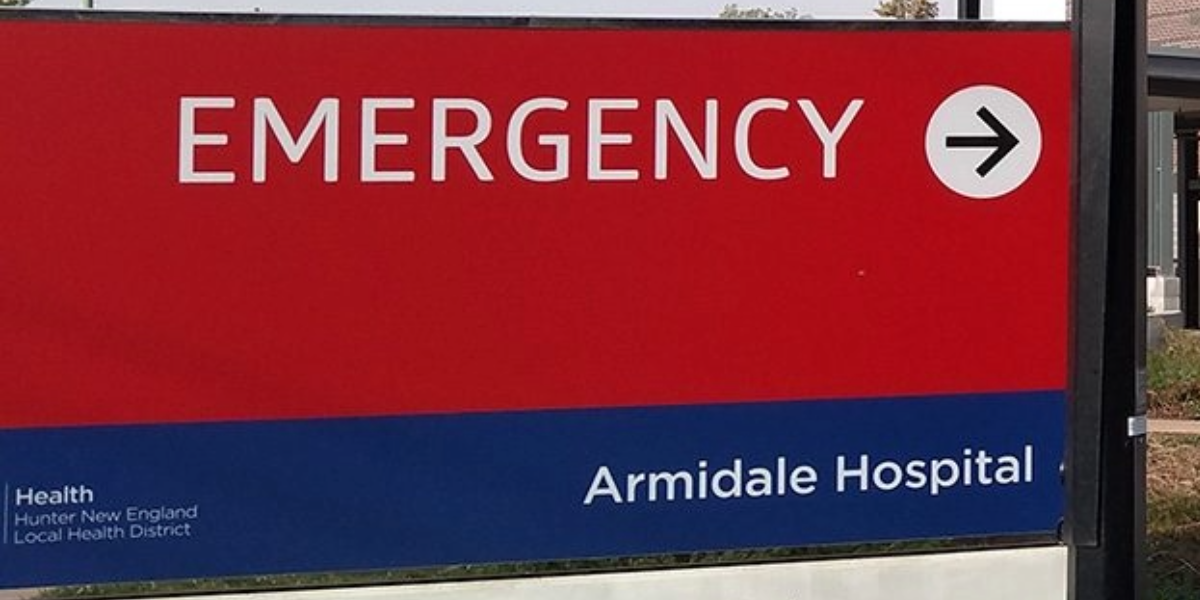The NSW Government has announced they will invest heavily in virtual or online health care services to try and divert people from attending hospitals, and programs for shorter stays and faster discharge when they do go to hospital.
The 2024-25 NSW Budget invests $480.7 million in a package of initiatives that the government claims will help to avoid an estimated 290,000 visits to emergency departments each year once fully implemented. This package will expand alternatives to the emergency department, and ‘improve’ the flow of patients through the system.
Treasurer Daniel Mookhey said this is a must-have investment to relieve pressure on the state’s emergency departments and improve patient care.
“This $480.7 million investment will mean hundreds of thousands of people can avoid a visit to an emergency department. It saves sick or hurt people time and eases pressure on staff.
The latest Bureau of Health Information data for January to March 2024 continued to see a record number of ambulance responses and more patients who are sicker than ever before presenting to NSW public hospital EDs, with a record number of triage category 1, 2 and 3 presentations.
Almost 180,000 people are expected to be able to avoid a trip to busy EDs each year with a $171.4 million expansion of the services accessed via Healthdirect through the Single Front Door.
This package will significantly expand access for people across the state to the free services available though Healthdirect. Building on the success of virtualKIDS which became statewide at the end of 2023, a new statewide service, VirtualADULTS will provide greater access to virtual consultation with a range of health professionals such as doctors, nurses and mental health clinicians, and access to virtual specialist advice where required through newly established service pathways.
By calling Healthdirect, individuals will first speak to a registered nurse who will triage the patient, assessing the urgency of their condition and their suitability for a virtual consultation. If the registered nurse deems a patient’s condition is serious enough to warrant an urgent appointment but not serious enough to warrant a presentation to an ED, they will connect the patient to a GP or refer them for a virtual consultation with a senior nurse or a doctor.
Adults and children with conditions like fevers, mild respiratory illnesses, infections, vomiting and diarrhoea often require medical advice and intervention within 24 hours but may not be able to obtain an appointment with their local GP in that timeframe. Through the virtual consultation, the clinician will be able to assess the patient’s condition, give detailed medical advice, provide e-scripts and discuss a treatment plan. Virtual specialist advice will also be accessed by the consulting clinician if required.
This initiative will allow many patients who have urgent but not life-threatening conditions such as these to avoid a trip to an ED by providing care and treatment through Healthdirect instead.
The community can access the service by calling Healthdirect on 1800 022 222 at any time. Treatment is free for Medicare card holders.
The other 114,000 ED presentations the government claims will be avoided every year come from a $100 million investment in the state’s Urgent Care Services for a further two years.
Urgent Care Services provide an excellent alternative for people with health issues that are urgent, but not life threatening, to avoid attending a busy ED, but is not an option for people in the New England where no NSW Government provided urgent care clinics exist. The Medicare Urgent Care Clinic in Tamworth is funded by the federal government.
Public hospitals across NSW will be able to support an estimated 16,000 patients per year and avoid nearly 80,000 hours of ED wait times, the NSW Government claims, through an expansion of Emergency Department Short Stay Units. This $70 million spend will increase the number of spaces for patients who require short-term treatment, observation and ongoing assessment.
“Our emergency departments face significant challenges with record presentations, so we are making the necessary investments across a range of strategically important areas to relieve that pressure and provide more alternatives for the community,” Minister for Health Ryan Park said.
“By introducing innovative models of care such as the ‘single front door’, we are building on the success of our virtual and urgent care services that bridge the gap between primary care and emergency care, and ultimately improving access to healthcare for people across NSW.”
The package also includes a number of measures to get people out of hospital faster, including funding for new technology that will help clinical staff to identify patients who are suitable for discharge, earlier, allowing people to recover at home with appropriate supports, the creation of a new patient flow concierge role to get patients discharged and cared for at home, and a boost to the Hospital in the Home service.
Like what you’re reading? Support The New England Times by making a small donation today and help us keep delivering local news paywall-free. Donate now

